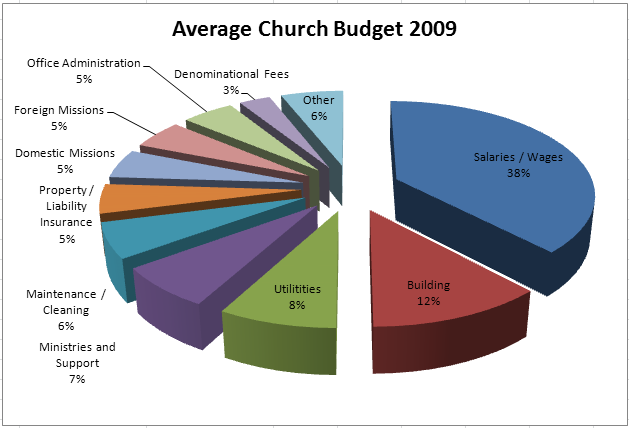For what reason does Jesus pronounce woe upon the scribes and Pharisees in Mat 23:23? What is the relationship between mint and dill and cummin? Cf. Luk 11:42. Would we consider such garden herbs to be a dietary staple necessary for sustenance, or a condiment? Like today, what would the value of such herbs have been relative to the staple foods people ate and that were to be tithed? What does this indicate about how scrupulous the scribes and Pharisees were in following the letter of the law in regard to tithing? Cf. Luk 18:12. Are we as scrupulous in our observance of God’s commands to us? Cf. Mat 5:19-20.
Was it because the scribes and Pharisees were too scrupulous in their observance of the law that Jesus pronounced woe upon them? See Mat 23:23b and think: Can we ever be too scrupulous in observing God’s law that is given for the blessing of all mankind and our own personal benefit? Cf. 1Jo 5:3. What was God’s command in the Law of Moses in regard to tithing such things? See Lev 27:30, Deut 14:22; cf. Isa 28:24-25,27. Is there a similar law of tithing under the new covenant? Contrast 2Co 8:3-4,8, 9:6-7. What is the law that governs giving under the new covenant? See Rom 13:8, Jam 2:8. Whereas the emphasis of giving under the old covenant was for the maintenance and support of the tabernacle / temple worship and its personnel (cf. Num 18:21,26-28), what is the emphasis of giving under the new covenant? See Mat 19:21, Act 6:1, Rom 15:26, Gal 2:10, 1Ti 5:3,16, Jam 1:27. Why is that? See 1Co 3:16, Eph 2:21-22 and cf. 1Co 1:26-28, Jam 2:5. Is this the emphasis of most churches today, or is the emphasis more like that under the old covenant? See image below. Why is that? Think: which is easier, and a lesser sacrifice to our flesh? See Luk 12:33, 18:22, 19:8, Act 2:44-45, and cf. Luk 21:4. What does this help us understand about the motives for why the scribes and Pharisees were so meticulous about observing the minute details of the law, even to the tithing of their garden herbs? In what way would it have been a great show of religion without much cost to their flesh? Are we like that?
Although not wrong in itself, what does Jesus say made it wrong for the scribes and Pharisees to be so scrupulous in their observance of the smaller details of God’s law? Notice the key word “and” in Mat 23:23. What did that make them, that Jesus calls them in Mat 23:23? Although no part of God’s law is unimportant, what does this verse teach us about some of its requirements being more important than others? What does Jesus say are the weightier provisions of the law? What is the qualitative difference that makes justice, mercy and faithfulness weightier than tithing garden herbs? Think: which must come from the inner core of one’s being, from the heart, and which is possible to be performed only outwardly, as a hypocrite?
What do Jesus’ words teach us about the manner in which we should approach our Christian walk: Should we start small, focusing on the lesser, but more outwardly observable requirements of the faith, and work up to the larger requirements? Or rather, should we focus on the weightier provisions that God sees and work down to the lesser requirements that are more outwardly visible and men see?
Consider that justice, mercy and faithfulness are all aspects of love, and though the scribes and Pharisees were meticulous in their tithing, they were deficient in this more important quality; how does Paul summarize the profit of keeping the lesser requirements of the law while neglecting the greater? See 1Co 13:3[1].
1. To feed those who made themselves fat with the offering of the Lord, and at the same time to shut up the bowels of compassion from a brother or a sister that is naked, and destitute of daily food, to pay tithe-mint to the priest, and to deny a crumb to Lazarus, is to lie open to that judgment without mercy, which is awarded to those who pretended to judgment, and showed no mercy. Matthew Henry.↩
